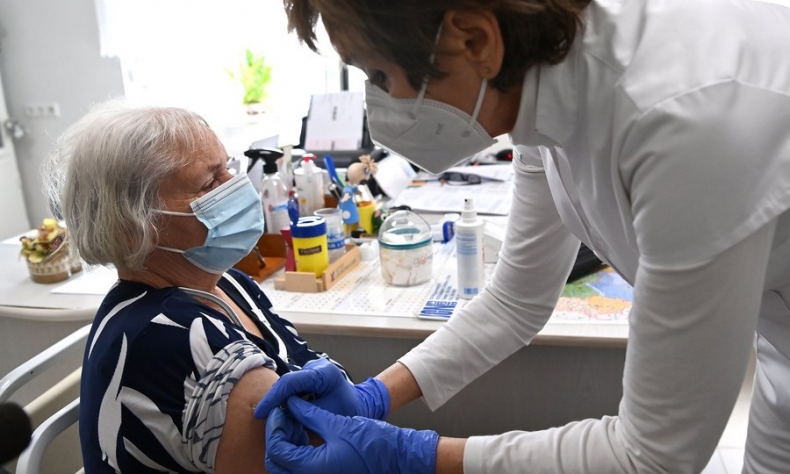WHO Approval of Chinese Vaccine Key to Global COVID Fight

The global vaccination cooperation ultimately is not a competition for “dominance” or “politics,” nor is it about the profits of big companies. First and foremost it is about saving lives, and only if countries are prepared to work together and put their differences aside does the world stand a chance of returning to normality.
Last week, the World Health Organization (WHO) approved China’s Sinopharm vaccine for emergency use. As the first Chinese vaccine to receive such certification, the organization stated it is both safe and effective, with its efficacy rate estimated to be 79%.
The approval now means that Sinopharm can participate in the WHO’s COVAX program, and work on sharing vaccines with poorer countries which are less capable of procuring their own.
Already, Sinopharm was one of the world’s biggest vaccine exporters, with over 65 million does having been administered outside of China across Europe, the Middle East, Latin America, Africa and South East Asia.
The Sinopharm vaccine has made a huge difference in the fight against COVID-19, and its approval means it will now play an even greater role. As some of the vaccines have been largely monopolized by some developed countries, Sinopharm has been able to plug a crucial gap in helping countries quickly obtain vaccines and flatten the curve of the virus. The approval comes at a decisive moment, with the crisis in India having fueled the surge of a threatening new variant which could potentially jeopardize the global inoculation push.
Since last year, China has pursued a multilateral approach to vaccines which emphasizes cooperation with other countries, as opposed to the “every man for himself” unilateral stance taken by many Western countries. The world is ultimately mired in a global pandemic, and China’s position is motivated by the consideration that there cannot be stability and prosperity until COVID-19 is eradicated not just at home, but abroad too.
However, due to the position of Western countries, there has been grave inequality in the distribution of global vaccines. As a result, China’s consistent stance on vaccine cooperation has become key in the global fight against the virus, and subsequently this is why Sinopharm’s approval matters.
The COVAX scheme is a multilateral WHO-led program designed to share vaccines with developing countries, jointly funded and supplied by participating members. The program has already distributed over 54 million doses of COVID-19 vaccines. With Sinopharm now in the game, the vaccine shortfall can be further eased.
Sinopharm has already made a decisive difference in countries where its vaccine has been widely distributed. In Hungary and Serbia, where Sinopharm has helped them vaccinate faster than anywhere else within Europe, new cases and deaths are now falling. The UAE, one of the first countries to adopt the Sinopharm vaccine, has now fully vaccinated up to 40% of its population. In Morocco, Sinopharm has been the country’s leading vaccine provider of choice, which has led to a dramatic fall in cases over the past few months.
The WHO’s approval of Sinopharm will accelerate its usage and distribution across many countries. The global vaccination cooperation ultimately is not a competition for “dominance” or “politics,” nor is it about the profits of big companies. First and foremost it is about saving lives, and only if countries are prepared to work together and put their differences aside does the world stand a chance of returning to normality.
 Facebook
Facebook
 Twitter
Twitter
 Linkedin
Linkedin
 Google +
Google +







